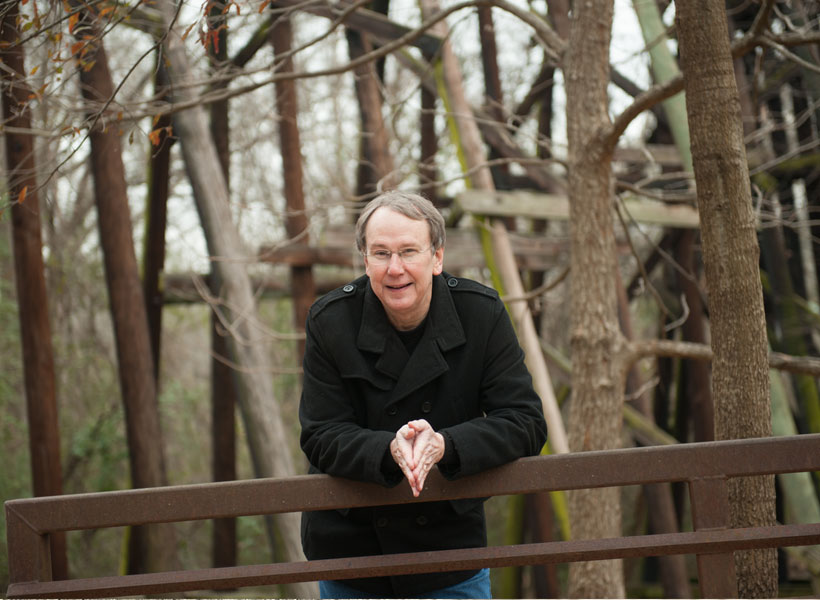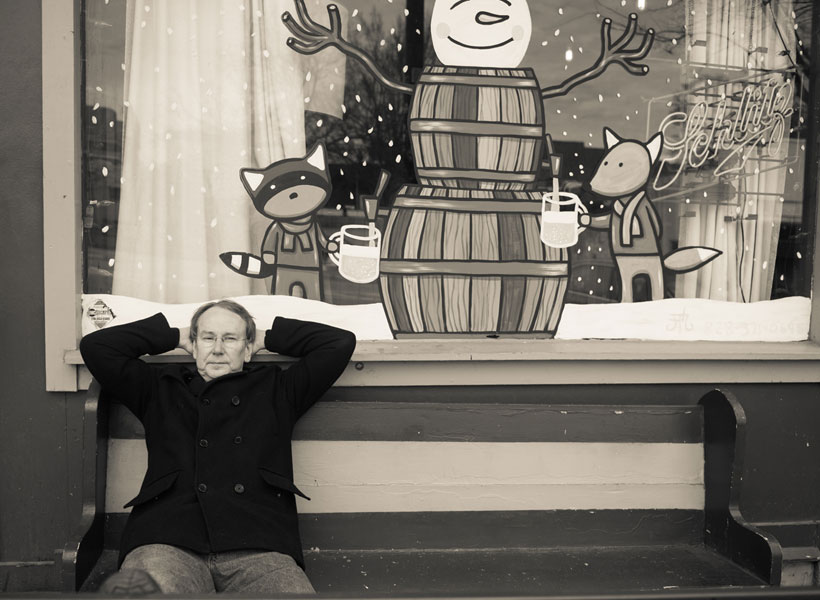Philip Lee Williams is the author of 21 books, including 13 novels, four works of non-fiction, and four volumes of poetry. His books have been published by such presses as W. W. Norton, Random House, Grove Press, Ballantine, Dell, Viking/Penguin, and Mercer University Press, as well as a number of other smaller presses.
His latest book, out in March 2022, is a volume of poetry called Eden’s Last Horizon and is published by Mercer University Press. His award-winning book The Flower Seeker: An Epic Poem of William Bartram, also from Mercer, was published in 2010. His autobiography, It is Written: My Life in Letters, came out in 2014, and his latest book, The Color of All Things: 99 Love Poems, was published in 2015.
His books have been translated into Swedish, German, French, and Japanese and have appeared in large-print editions as well. A number of his books have been optioned for film by such people as producer Richard Zanuck, director Ron Howard, and actress Meg Ryan. He was hired by MGM to write the screenplay of his own book, All the Western Stars, though the movie has not yet been made.
Two of Williams’s unpublished manuscripts have also been optioned by producers in Hollywood.
Williams has also published poetry in more than 40 magazines, including Poetry, Press, the Cumberland Poetry Review and many others. He has published essays and short stories, and one story, “An Early Snow,” published in 2000, was nominated by The Chattahoochee Review for a Pushcart Prize.
In addition, he is a prize-winning documentary film writer and producer. Three of his films have been shown multiple times on Georgia Public Television, and he has won awards for them the New York Film Festival, the Columbus (Ohio) Film Festival, and from the Telly Awards. He is a winner of the Townsend Prize for Fiction for his first novel, The Heart of a Distant Forest, and in 1991 was named Georgia Author of the Year for Fiction. He has since then been named Georgia Author of the Year three more times.
In a journalistic career for Georgia newspapers, he published more than a thousand feature stories and some 500 personal columns. After coming to the University of Georgia in 1985 as a science writer, he won numerous awards for his work, and is the only writer to have won the top feature writing award two years in a row for the Southeastern United States from the Council for the Advancement and Support of Education.
The University of Georgia has listed Philip as one of its “notable graduates,” and he is the only one on that list who ever worked for UGA itself. He was a member of the Graduate Faculty at UGA and was an assistant dean in the Franklin College of Arts and Sciences before retiring in February 2012. In 2015 he was named a Grady Fellow, the highest honor that graduates of the UGA College of Journalism and Mass Communication can receive.
His work has been included in several anthologies, and in 2001 he was named to Who’s Who in America for his literary accomplishments.
He and his wife, Linda, live in a house in the woods on a stream in north central Georgia.














